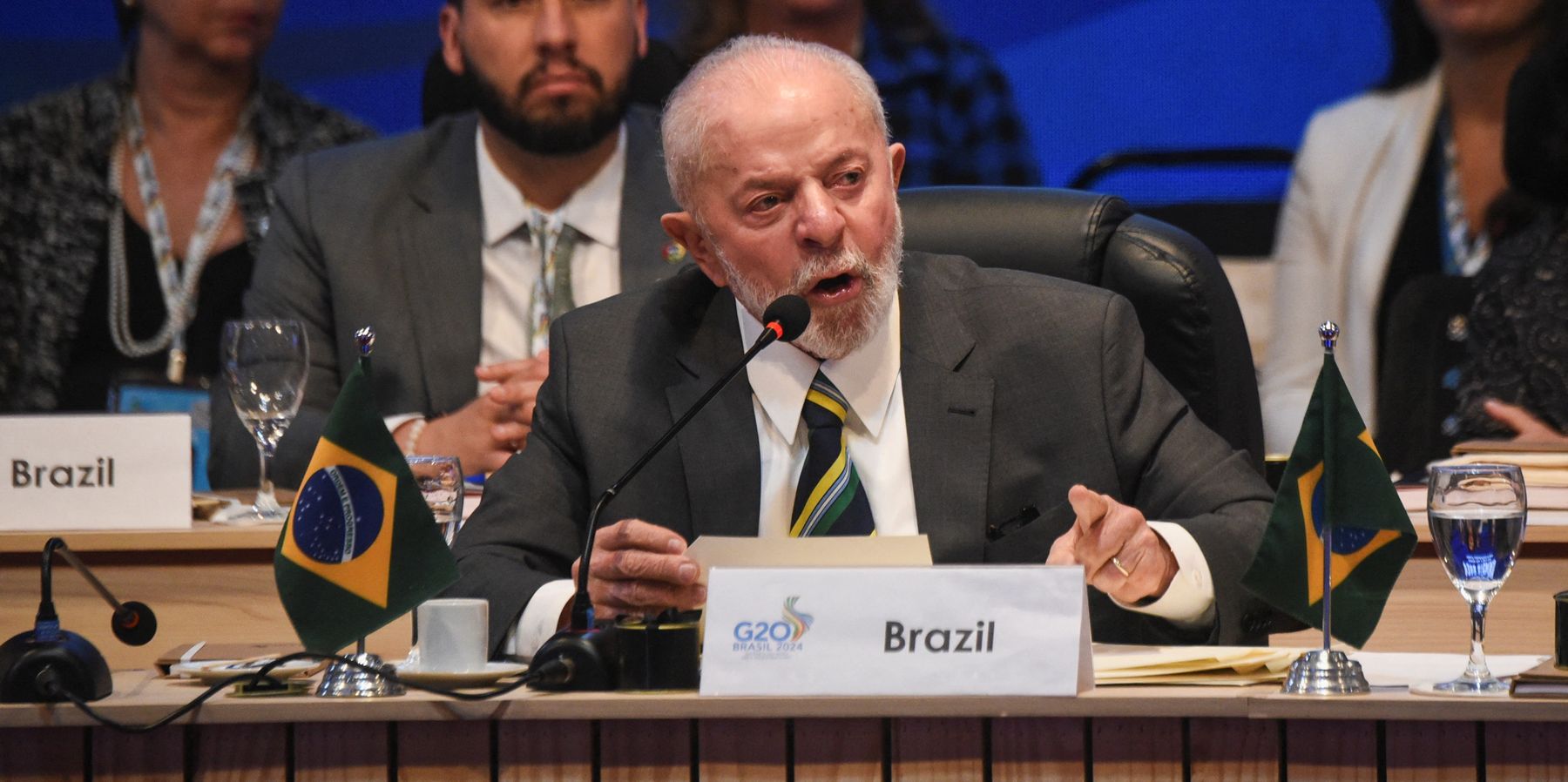The city of Rio de Janeiro provided a stunningly beautiful backdrop to Brazil’s big moment as host of the G20 summit this week.
Despite last minute challenges, Brazil pulled off a strong joint statement (Leaders’ Declaration) that put some of President Lula’s priorities on human welfare at the heart of the grouping’s agenda, while also crafting impressively tough language on Middle East conflicts and a pragmatic paragraph on Ukraine.
Key financial issues such as reform of multilateral development banks (MDBs) also continued to make progress.
An organization of 19 states and two regional organizations (the European Union and African Union), the G20 is the high table of global economic governance, which came into its own with annual leaders’ summits in the wake of the 2008 financial crisis. It inevitably tackles the most prominent issues of security during these summits as well.
In a world racked by two major regional conflicts and several other crises, and with the tectonic power shift underway in Washington, this year’s G20 was shaping up to be a challenge. Although the United States was represented by President Joe Biden, the election of Donald Trump cast a long shadow over the proceedings. This was also the third G20 summit hosted by a Global South state (and South Africa will be the fourth next year), which has led to a concentrated push on “Southern issues” in these summits.
Early in the summit, Argentina indicated it may not sign on to taxing the ultra-wealthy, a cause President Lula had prioritized (though this would require domestic legislation within states to be implemented). Argentinian president Javier Milei’s prior meeting with Trump at Mar-a-Lago (the first foreign leader the president-elect has met since his reelection) triggered speculation that Argentina was potentially playing a spoiler. But cooler heads prevailed, and Argentina ultimately signed on to the joint statement. Along with another 81 nations, Buenos Aires also joined the Global Alliance against Hunger and Poverty inaugurated at Rio.
The G20 has historically focused on the more macroeconomic aspects of global economic governance. By placing hunger and poverty squarely within the grouping’s agenda, Brazil has introduced a more clearly human dimension to the elite body that can only help it gain more credibility across the world, especially across the Global South.
The summit’s achievement of consensus on the horror unfolding in the Middle East was also impressive. There has been a wide divide between the Global West and most of the Global South on Israel’s war on Palestine and Lebanon.
But the joint statement demanded “the lifting of all barriers to the provision of humanitarian assistance at scale,” strongly backed the “Palestinian right to self-determination,” a two-state solution, and a comprehensive ceasefire in Gaza “in line with UN Security Council Resolution 2735.” On Lebanon, the statement, while not mentioning UNSC resolution 1701 (that has been prioritized by the United States), called for a ceasefire that enabled “citizens to return safely to their homes on both sides of the Blue Line.”
The Russia-Ukraine war was a major point of contention at the 2023 New Delhi G20 summit and nearly torpedoed the 2022 Bali summit. But the delegates at Rio, perhaps chastened by serious obstacles now evident to maximalist positions on both sides of the war, agreed to a modest paragraph on the conflict.
It mainly cited the UN charter and various dimensions of “human suffering.” Preserving sovereignty and territorial integrity, a consistent point of international consensus on Ukraine, was only mentioned in a separate paragraph that addressed all global conflicts.
Despite Brazil’s current prioritization of the issue in international diplomacy, climate change was one area where the Rio summit could have shown greater muscle. For instance, there was no call to “transition away from fossil fuels,” a major commitment from last year’s COP. Sources in Rio told me that the overlapping dates with the ongoing COP29 at Baku added to the complications, as key climate negotiators of the various nations were holed up many time zones away.
But the challenge also symbolizes an overall weakening of international climate action and an increasing paralysis of the UNFCCC process.
On reforming international institutions, the New Delhi G20 summit provided a substantive push on MDB reform, an issue the Global South has been pushing vigorously. The Rio process took the next step by producing a comprehensive roadmap on the question. The joint statement also pushed for greater Global South inclusion in the UN Security Council by inclusion of “underrepresented and unrepresented regions and groups (in) Africa, Asia-Pacific and Latin America and the Caribbean”
Brazil’s success at Rio demonstrated that, in a world in which the forces of fragmentation are ascendant, the G20 remains the one forum that can still bring the world’s key states together in one room and engage with each other. That may sound like a low bar, but it is, in fact, an achievement.
As I wrote recently, even America Firsters in the United States will likely find the grouping useful due to its informality, lack of a permanent bureaucracy, and the ample opportunity for bilateral meetings with strong global leaders.















